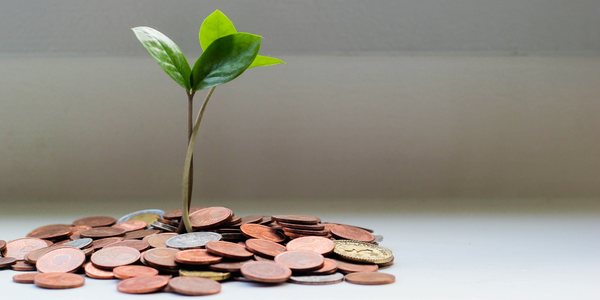What is your relationship with your money?
Our relationship with our money has always been an interesting one! and let’s face it with the financial uncertainty and volatility that came with the onset and fall out of the Covid-19 pandemic, this relationship is being challenged more than ever.
So, we have spenders, we have savers and everyone else in between, somewhere along the continuum… spending more than we have where the initial “high” of retail therapy eventually lands us into places of chaos, fear and anxiety… saving more than we need where the initial “high” of the control we can feel takes us to places of deprivation and regret. If we’re part of a couple… money IS in the top 2 topics that couples argue about (rallying for first place with the division of labour tasks) where the drives for those “highs” and the resulting chaos and regrets can easily play out in polarizing conflicts with our partner.
In my experience, how we relate to money is actually connected to: the price we put on our self (our own self-worth), our overall sense of happiness and contentment / discontent and loss, our need for control and power, our ability to manage impulses, and our parents’ relationship with money.
We use money like any other commodity in our life – work, food, sleep, exercise, recreation, and alcohol. In good balance it feeds us, when it is out of balance it’s a symptom that creates bigger problems for us. When we are feeling good about ourselves, we can take advantage of the commodity to enhance our lives, but if we are in a negative or heavy place, we will overcompensate or sabotage ourselves with the overspending or over saving to meet otherwise psychological needs that need our emotional and mental attention.
Low self-worth and/or depression and/ or losses, can result in filling ourselves up with “stuff’ or depriving our self of opportunities or taking even educated risks to investing in our lives. Anxiety easily leads to impulsive decision making including “shopping”. Feeling disempowered in other parts of our life tempts us to over or under control our cash flow. Having good self-care management and cognitive behavioural strategies can help reduce those symptoms to improve our financial habits. Therapeutic deeper healing and recovery can go after the causes of these symptoms. This can be even more effective in liberating from pain and wounds likely causing us to misuse our cash through damaging short cut actions and crutches in efforts to feel better that ultimately end up making us feel so much worse. Are you on top of your mood and emotions and relationships and attitudes and self-worth, or do you need help? Are you wasting money from medicating emotional pain? If so, stop working on budgets, now you’re wasting money AND time. Put your energy into the source of the problem.
Also, consider the “money script” you grew up with. How did your parents relate to money? What did they teach you (good and bad) about money? Do you want to emulate their habits or not?
Finally, what are you doing or need to be doing to find that sweet spot that allows you to take risks in your life to ensure you are growing? rewarding yourself just enough to feel good? Controlling impulses, you will later regret it? Meeting your short term and long-term goals? Do you have a financial advisor you trust to turn to for expert advice? If not, find one, through a trusted contact.
I recommend my clients to Charlotte Paul at Raymond James, Charlotte.paul@raymondjames.ca. She is making clients’ portfolios grow, even in these COVID-19 times!

